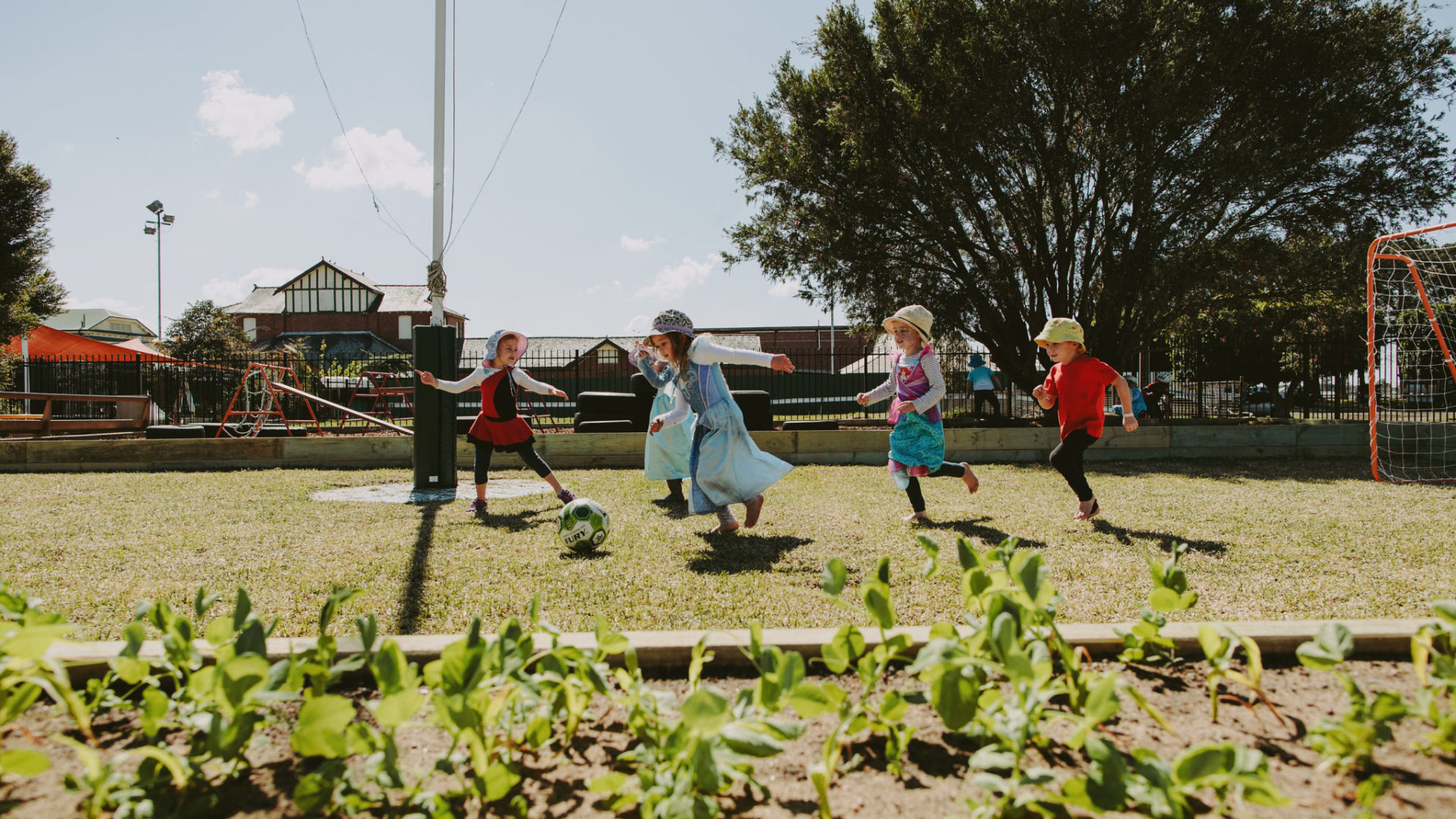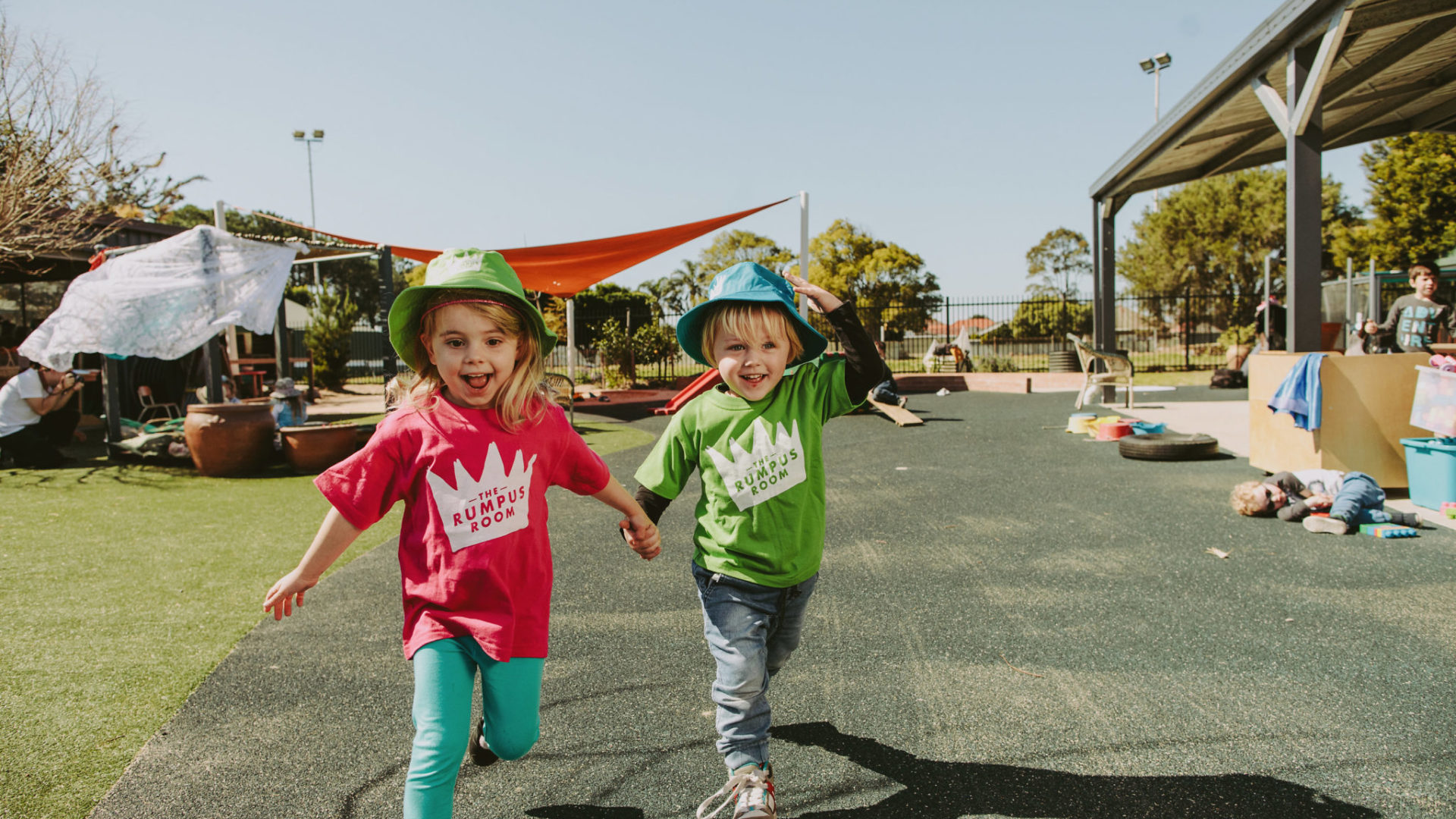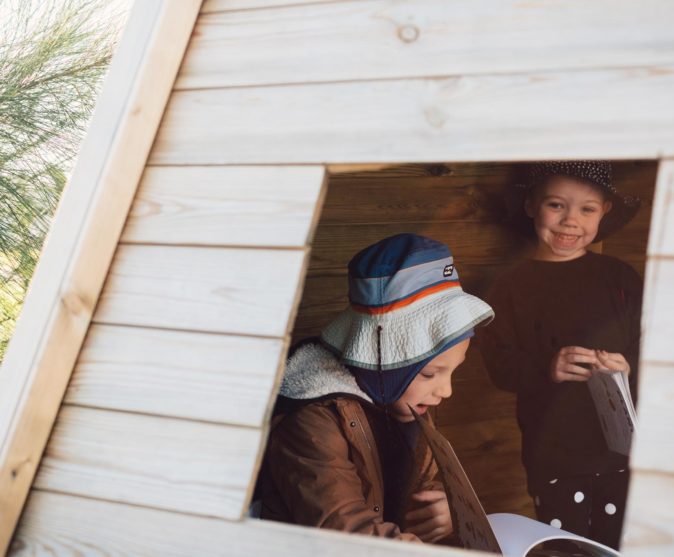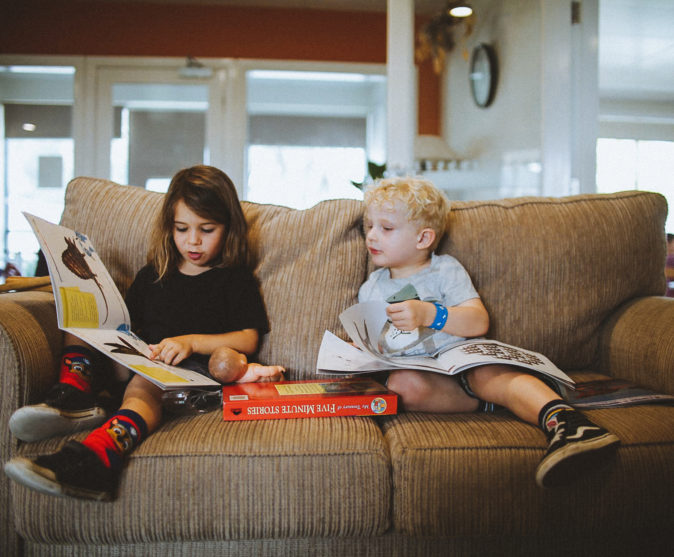Emotion coaching is about connecting with your child and teaching them self-control. It is often thought children are asking for “Attention” by some of their behaviours but they are really asking for “Connection”.
Emotion Coaching gets used for those situations where you know your child will have a reaction to something that just happened, such as their sister knocking over their block tower, and you are there to be able to stop and unacceptable reaction such as hitting the sister, or in situations when their favourite toy is lost and they can’t sleep without it. By really connecting into the situation and giving your child the language to explain how she feels about what has happened you are equipping them to self-regulate, calm and manage their own behaviour, next time. In adults we have a developed pre-frontal cortex where we can process and dismiss stimuli and move on. This reasonable “new brain” gives us “mental brakes”. Our new brain calms our old brain to let us settle. This new brain ability doesn’t develop in a child till approximately 4 years of age. Before it develops a child only has the reactive old brain which is a mental accelerator. We need to realize there are some things the child can’t do until the child’s brain matures adequately so that the accelerator messages sent from the base of the brain do not override the brake messages of the maturing “new brain” in the prefrontal area. The process of messages going between these two areas is called “Toggling” and like the other work we do at The Rumpus Room we want to form lots of the neural pathways in the child’s brain so they can be used as the child grows, to solve problems and work out appropriate reactions to various situations.
Parents and educators need to work together to be the “new brain” coaches for children’s developing brains. So the beginning place is to give children feedback about their feelings and thoughts to learn self-control. Children really need us to get into Empathetic Emotional Communication with them so their emotions are acknowledged, given resonance and reflection, while helping the child to maintain their self-worth through the trauma. Instead of asking questions about how the child feels, the adult makes statements to indicate to the child they really understand how the child is feeling. We have to observe behaviour as a form of communication they just don’t have the words for. It might only take 4 or 5 statements to help the child calm. We need to stay in the feelings though for much longer than we usually do and not rush to the way to fix the issue till the child understands that we really have connected with how they are feeling and the child is ready to move on. If the behaviour had escalated then we need to stay in the connection longer, before the child can calm. When the child has given the signal that they are able to move on, eg a big sigh, then it might be appropriate to explain the consequences or help the child to problem solve. All of these practices of “Toggling” ie applying the brakes to the instant reaction by using neural pathways, develop resilience in children. Developing emotional resilience is a critical part of early childhood and just to give you an idea of how much so…the Presenter had many pieces of literature and research to present as we did the course and in one article it quoted that 14,000 children were expelled from Preschool, in QLD in 2017, because of behavioural issues).
Developing Emotional Resilience is part of our Quality Improvement Plan at The Rumpus Room Darling Street. If you want to make it part of your family’s plan then you may be interested in this online course.
The affiliated course for parents is called TALK LESS listen more. For 2-12 year olds.
www.parentshop.com.au/online-parenting-course
02 66808910





